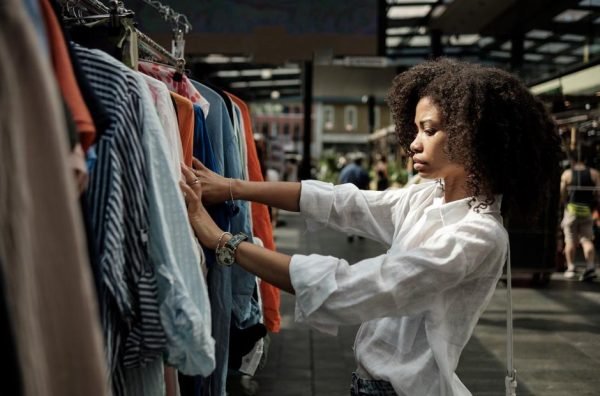Vans are a common sight on the streets of any city. They come in all shapes and sizes and are used for a variety of purposes. But whatever their purpose may be, vans are an important part of any business.
Businesses rely on vans to transport goods and equipment, meet with clients, and do many other tasks that are essential to running a successful operation. That’s why it’s so important for businesses to take steps to protect their vans.
There are many ways to protect vans, and each business will have its own specific needs. Some common protective measures include insurance, security systems, and driver training.
Table of Contents
Insurance
Insurance is a vital part of protecting vans and something companies such as one sure insurance can take care of for the peace of mind and financial security of all businesses.
Vans are often used to transport expensive equipment or products, and if they’re involved in an accident, the costs can be significant. That’s why it’s so important to have insurance that covers vans. Not just legally for road use but for everything that they carry.
When it comes to vans, businesses rely on them heavily for the transportation of goods. These vans must be protected in case of any accidents or damages while on the road. Businesses can insure their vans while protecting those of others they might collide with. Fire and theft cover protects the vehicles overnight too.
The types of businesses that will rely on van insurance include:
- Businesses that use vans to transport goods
- Businesses that use vans to transport passengers
- Businesses that use vans for commercial purposes
Occupations needing vans include:
- Couriers
- Delivery Drivers
- Electricians
- Plumbers
- Handymen
- Locksmiths
- Security Guards
- Towing Companies
- Taxi and Private Hire Services
Couriers delivering parcels can be driving a package that is worth a great deal of money and so would be too risky to only insure for road risks.
Any workman might need a van capable of transporting not just their tools to do a job but often materials as well.
Most businesses will generally choose a van over an estate car to meet their needs. It is always wise to match the size of the van to the company’s needs, though, so as not to put the cost of insurance up unnecessarily.
Security Systems
Security systems are another important way to protect vans. Vans are often targeted by thieves, so it’s important to have a system in place that can deter thieves or, if necessary, help identify them. Common security features include GPS tracking, alarm systems, and cameras.
Businesses can do much to prevent crime themselves and this will in turn reduce their insurance premiums. You might be covered by insurance but any claim will invariably put the cost of a premium up the following year. It will be worth claiming still when the amounts of claims can be substantial. This is where it is important to assess your excesses. This is the amount of a claim the insured is responsible for as a contribution.
Driver Training
Driver training is another important part of protecting vans. Vans are often driven in congested areas, and drivers need to be trained to operate them safely. This includes knowing how to park and load vans, as well as how to deal with traffic.
Something to consider for businesses is whether to employ younger drivers and those with motoring convictions as they will mean greater insurance costs and are more likely to have accidents in the company vehicle.
We think it is important to allow the young to progress, though, so as long as they have a clean driving record the cost of their age can be justified. You then have the opportunity as a business to train someone that could prove to be an asset to the business in the longer term.
These are just a few of the ways that businesses can protect their vans. By taking these measures, businesses can ensure that their vans are safe and secure and that they can continue to rely on them for all of their needs.





